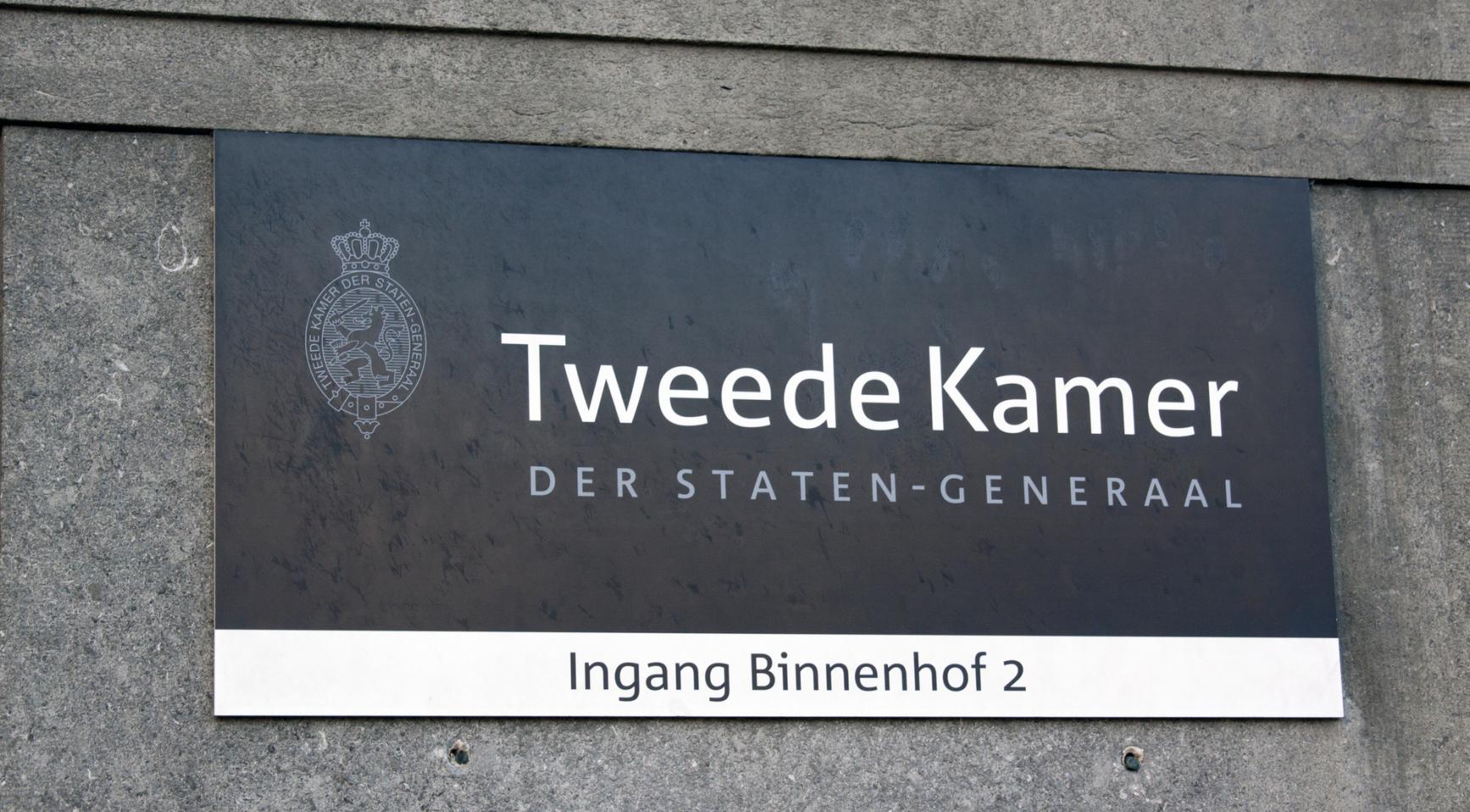Just 6 percent of Dutch citizens say they still trust politics, according to a new national survey conducted by research firm Verian and commissioned by De Telegraaf. The poll, held in the week following the collapse of the Cabinet-Schoof, paints what the researchers call “a deeply troubling picture” of public sentiment in the Netherlands.
“This level of trust is extremely low,” Bart Koenen of Verian, which conducted the poll, told De Telegraaf. He added, “Just when you think confidence in politics can’t fall any further, you’re still surprised.”
According to the survey, only 9 percent of voters say they still have trust in the Tweede Kamer. The drop in confidence follows the withdrawal of PVV ministers from the coalition government, which also included the VVD, NSC, and BBB. Nearly half of respondents said their trust in politics declined after the PVV’s departure. About 60 percent of Dutch people say they feel abandoned by politicians, while 64 percent believe the now-defunct Cabinet-Schoof was too focused on itself and not on the needs of Dutch citizens.
Even voters who still intend to go to the polls and stay informed about politics report deep disillusionment — a shift from earlier periods when mistrust was concentrated mostly among disengaged groups. “Dutch people increasingly feel like: politics is doing nothing for me or for the country’s problems,” Koenen told De Telegraaf.
The survey shows 42 percent of respondents see tackling the housing crisis as the most urgent task for the next government. Immigration and asylum policy, the health care system, inflation and purchasing power, and threats of war also rank high among voter concerns. In previous surveys, purchasing power topped the list, followed by health care and climate.
Rising prices, energy costs, and health expenses are now affecting a broad segment of the population, not only lower-income households. “Concerns about purchasing power have now reached middle and even double-middle income earners,” Koenen told De Telegraaf.
Nearly half of Dutch citizens say the next government must show decisiveness. About 44 percent say the country needs a cabinet that is stable, capable, and made up of experienced officials who can work together effectively. Almost half of voters blamed the fall of the previous cabinet on a lack of political experience among its ministers.
The survey revealed clear divisions over responsibility for the government’s collapse. Half of respondents believe the PVV was to blame. Nearly a quarter hold all four coalition parties responsible.
On the contentious issue of asylum policy, Dutch citizens are also split. About 37 percent believe Geert Wilders and the PVV were deliberately obstructed from enforcing stricter asylum rules, while 38 percent disagree. Among PVV voters, however, 85 percent believe their party was actively undermined during its time in the coalition. NSC is most often cited as the party responsible for such alleged obstruction.
Despite the PVV ministers’ withdrawal from government, support for Wilders and his party reportedly remains strong. If elections were held today, the PVV would again emerge as the largest party, according to the poll. They would be followed by the PvdA/GL, VVD, and CDA. “PVV voters have dug in,” Koenen told De Telegraaf. “The harder the criticism of Wilders, the more solid the support. The likelihood is high that the PVV will again be the largest party. That puts the ball back in Wilders’ court, because those are the rules.”
Although the PVV remains the most popular party, most voters do not want Geert Wilders to be the next prime minister. CDA leader Henri Bontenbal ranks as the preferred candidate for prime minister, followed by Wilders, PvdA/GL’s Frans Timmermans, and Dilan Yesilgöz of the VVD.
“This is striking,” Koenen told De Telegraaf. “Normally, voters pick their own party leader as their top candidate for prime minister. That still applies to Wilders, who is only named by PVV voters. But Bontenbal receives trust from voters across VVD, PvdA/GL, and D66.”
Support for a stricter asylum policy spans across political lines. According to the survey, 62 percent of Dutch citizens support tighter rules, while only 11 percent are against. Among PvdA/GL voters, 40 percent are in favor of tougher asylum policy or are at least reconsidering their stance. “You see this position echoed across all layers of society,” Koenen told De Telegraaf. “Pleading for stricter asylum policy is no longer taboo.”
